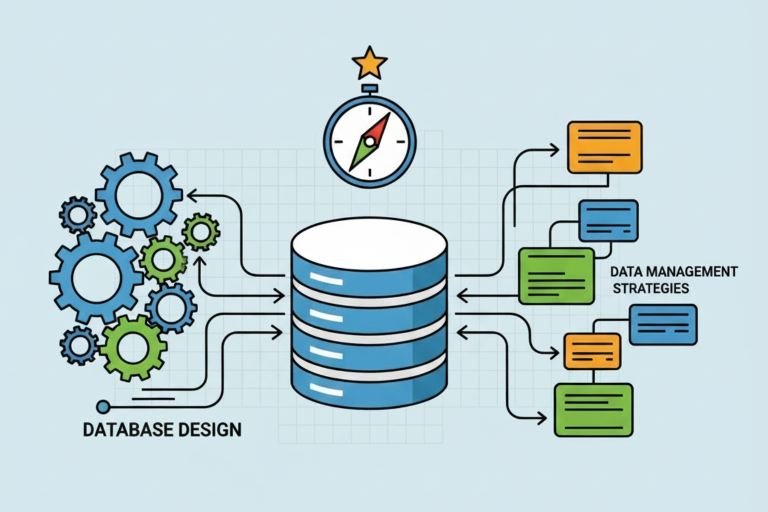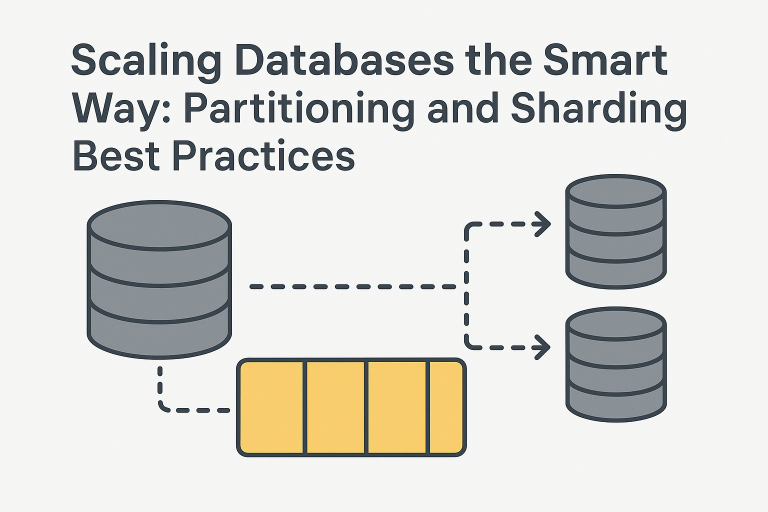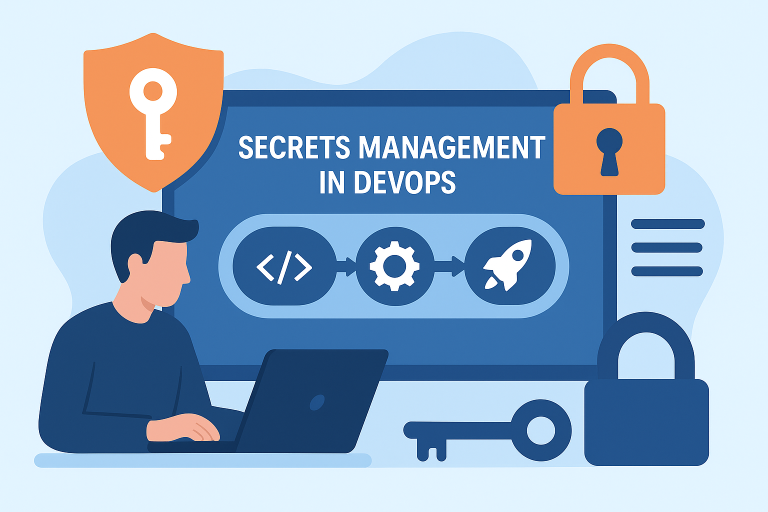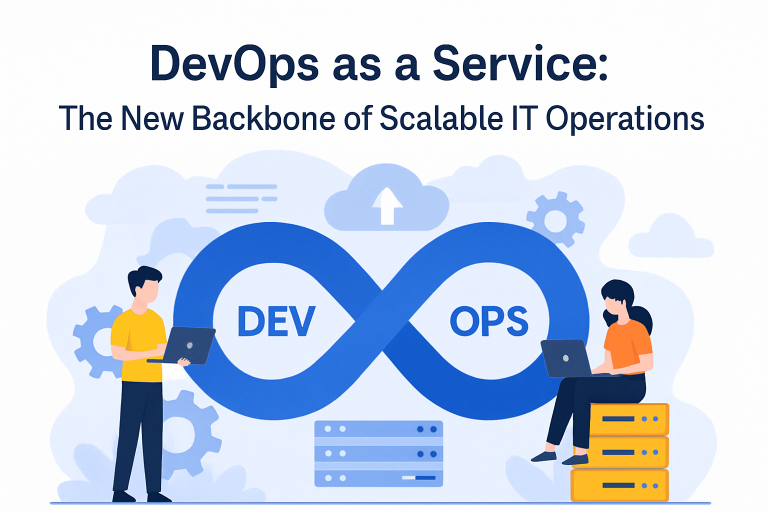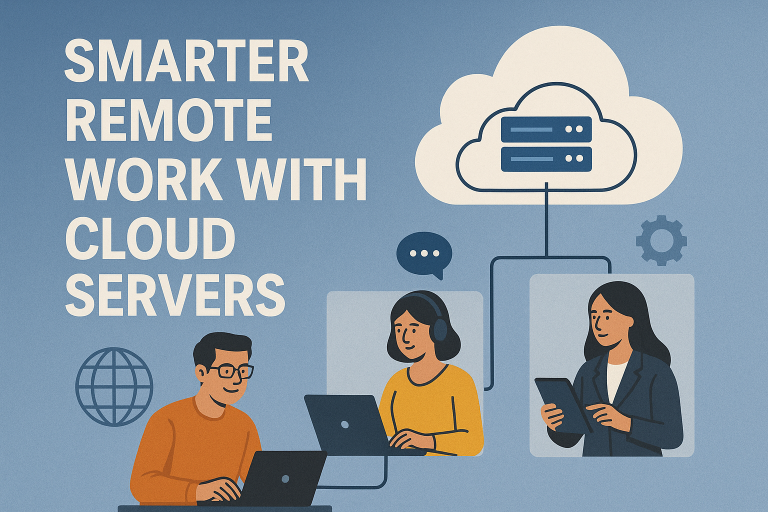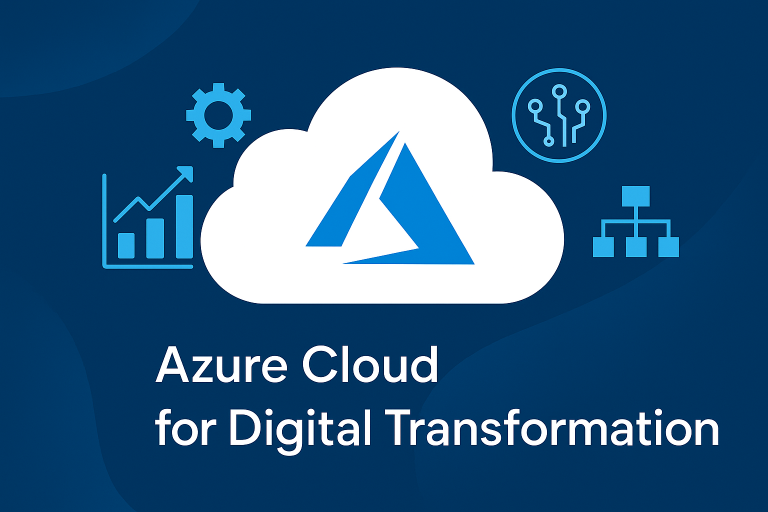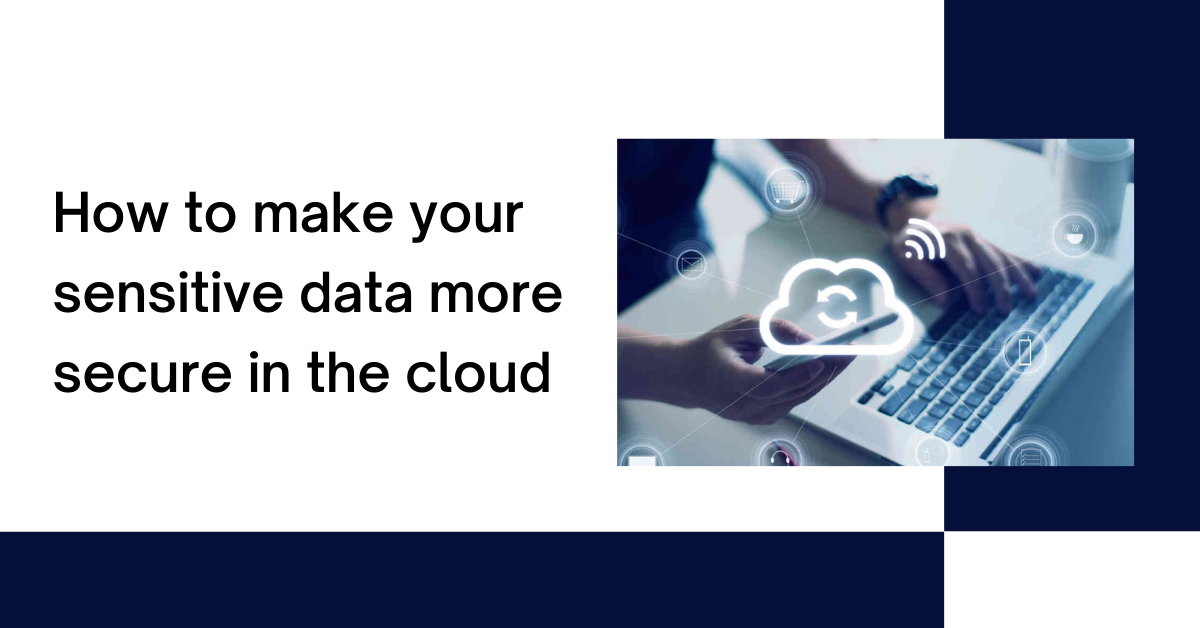
Over the past few years, the cloud has become irresistible due to its versatility, scalability, flexibility, and cost-efficiency. But along with convenience to work, cloud computing also brings some security risks and challenges. So, now it is your responsibility to enjoy the advantages of cloud services without risking your sensitive data. Let’s see how you can secure your data in the cloud using some basic hygiene for data protection that both organizations and end-users should follow.
1. Don’t miss a regular data backup system
A regular data backup system is vital for your data protection measures. No matter how reliable is your system or cloud, it is mandatory to back up your sensitive data somewhere else for emergencies. A regular backup system ensures that you will not completely lose your valuable data in the event of data theft, data breach, etc.
2. Encrypt your sensitive data
Encryption is one of the efficient ways to protect your data in the cloud. To stop the identity thieves to stole your identity, opt for a cloud service that encrypts your data both in the cloud and on your system. Encryption ensures that your service providers, their service administrators, or any third party will not be able to have access to your sensitive information.
3. Carefully go through the user agreements
Always read the terms and conditions of your cloud service provider and try to find out if any hidden clause is there. A user agreement contains vital information regarding
- how the service protects your sensitive data,
- Whether they have partial access to your data,
- Whether you give permission for them to use or sell your information, etc.
So don’t sign up for anything without a complete understanding. If your service provider changes its privacy policies, they are bound to notify you. And it is your responsibility to read these update notifications to ensure that those new changes are not affecting your information negatively.
4. Use strong passwords
A strong password is an essential practice to keep your account safe, and the same is true for your cloud services as well. You need to have a strong password for your every account to keep your private information secured. Statistics show that more than 75% of data theft can happen due to weak passwords. There are some rules to creating a strong password, like
- Use a password containing a minimum eight or more characters
- Don’t use identifying information like name, birthday, company name, etc.
- Use a mix of letters, numbers, and symbols to create a password
- Use both capital and lowercase letters
And most importantly, keep changing your passwords regularly and don’t use the same password for multiple accounts.
5. Use Two-Factor Authentication
Two-factor authentication(2FA) is always better to protect your information. When provided with the option, always use two-factor authentication. 2FA is an extra layer of authentication to keep your online data protected. Here you need to provide additional information than your password to access your account.
That addition authentication process can be of different types, like:
- Answering a secret question
- Providing a personal PIN
- Providing auto-generated security information
- Inputting a code that the cloud provider will send you through emails or texts
So, don’t miss 2FA whenever possible to add an extra layer of protection to your cloud accounts.
6. Don’t share personal and sensitive information
Be careful about sharing personal data like your date of birth, mother’s maiden name, your first pet’s name, the name of your birthplace, and so on. These are personal information often asked security questions to confirm your identity. Don’t ever share sensitive information like social security numbers, etc., with someone you don’t know well.
Set your own set of security questions and answers if you have the chance. It will be good to go for information that you can easily remember but that most people wouldn’t be able to know them easily, such as your embarrassing childhood nickname, the location of your first date, etc.
7. Avoid storing sensitive information in the cloud
Your sensitive information like your social security number, soft copies of your IDs, bank statements or other financial statements, etc., should not be stored on the cloud. Even older copies of these sensitive documents can share your personal information and allow hackers to access your accounts.
8. Use a strong antimalware Program
No matter how secure your cloud claims to be, you need to use antivirus or anti-spy software to protect your data. Cloud transfers information over the internet, and your devices or files could also be infected with malware. So it is vital to opt for a strong antivirus and antimalware to protect your devices like laptops, desktops, tablets, smartphones or other cloud-using devices. Anti-virus and/or anti-spy software can help you to block suspicious URLs and downloads and keep your data safe.
9. Keep your OS up-to-date
Sometimes people prefer to ignore the system update notifications to save time or other reasons. But latest updates of your operating system (OS) are often vital for ensuring the protection of your devices and data. To fight the current security threats, new updates of your OS come with security patches. These are often needed to fix bugs found in the operating systems that leave you at risk. So, don’t ignore any update alerts and install all updates as soon as possible.
10. Avoid using public wi-fi
IN most cases, public wi-fi connections are not safe and can make your system corrupted through viruses or malware, etc. When you have to use a public wi-fi connection, verify the link through your security system. Or use a virtual private network (VPN) connection to establish a secured connection. Please don’t go for an internet hot spot when you cannot verify their source.
Cybercriminals use open or public wi-fi connections to steal your data when you connect to an unsafe internet connection.
Conclusion:
In this blog, you have learned how to protect your data in the cloud. Despite using the above-mentioned measure to secure your data on the cloud, sometimes hackers find their way to reach your private information.
If you ever suspect your account has been compromised, don’t wait; change your passwords and verification information ASAP. Also, alert your cloud service provider and managed IT services provider. A timely alert and prompt actions can save your data and help your service provider to prevent future attacks.
